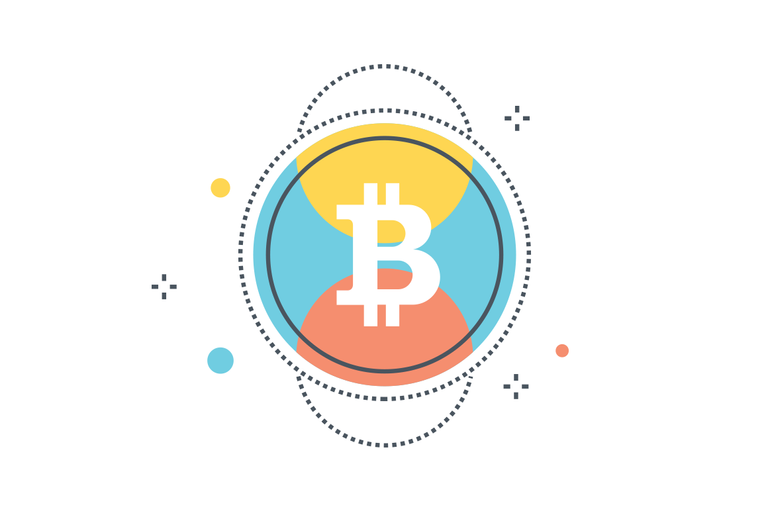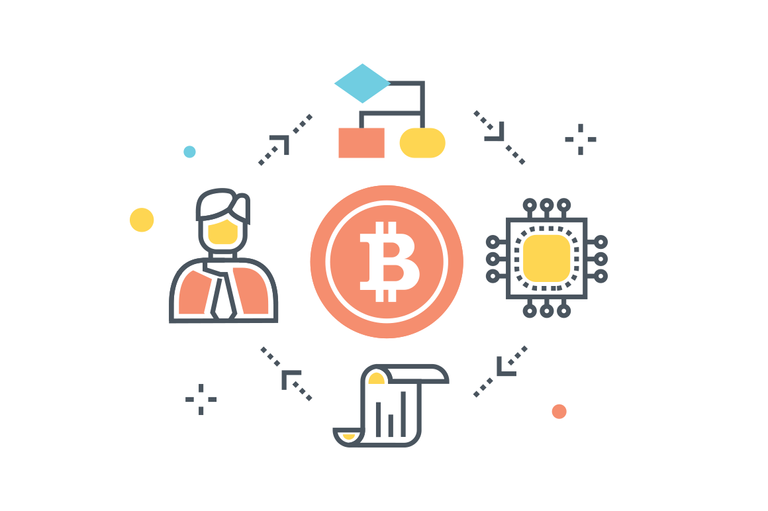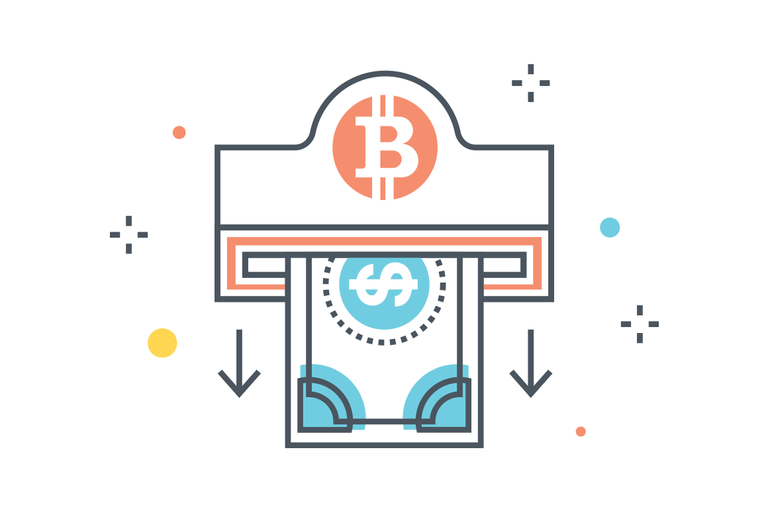
It’s no surprise that many of the things we do today are going digital. From calls, shopping, to education, convenience is now a click – or a tap – away.
Want to say hello to a friend who’s oceans away? There’s Skype or Messenger. Need a quick gift idea for someone’s birthday? Check out Amazon, Alibaba, or eBay.
You can hardly find a business that doesn’t have a mobile app or social media page nowadays. So it’s only natural that finance services would go the same route.
Sadly, often the same problems that people face with their banks follow them when these transactions are moved to the Web. Money transfers could be delayed, or you could get sky high fees for international purchases.
But what if there was a better, faster way when it comes to online currency?
What if we could change the future of money - forever?
An Introduction to Bitcoin

You’ve probably already heard of ‘bitcoin’. It’s no surprise, considering that almost anybody who’s interested in investing is talking about its shocking value of $15,000 as of December 2017.
But before you pull out your wallet to get a piece of this pie, let’s get to know a little bit about bitcoin and what makes it special (or so valuable) today.
In 2008, a still unidentified person (or group of people) going by the name of Satoshi Nakamoto introduced bitcoin (BTC) as the first digital currency (also known as cryptocurrency) in a paper posted in a cryptography mailing list.
In 2009, Nakamoto made the software as open source code, which means it can be available to anyone. In the same year, he made history by mining the first ever block of the chain, earning him 50 bitcoins. Among the earlier supporters, adopters, and contributors to bitcoin included Hal Finney (receiver of the first ever bitcoin transaction from Nakamoto), Wei Dai, and Nick Szabo.
In 2010, Nakamoto handed over control of the source code repository and network alert key to Gavin Andresen. He later on became one of the original members of Bitcoin Foundation, a non-profit corporation aimed at ‘coordinating efforts to help create awareness for Bitcoin and how to use it’.
Unlike traditional currency such as dollars or euros, bitcoin cannot simply be created, printed, or churned out en masse. It requires a specific computer software or program to run so it can be ‘mined’. So in essence, bitcoin is a type of virtual currency made up of mathematical formulae.
But why make such a complex mode of payment? For Nakamoto and other members, it’s all about ‘creating an independent currency free of any central authority, with the convenience of instant electronic transfers anywhere around the globe, and with little to no transaction fees’.
Sounds like a dream, doesn’t it? But is it safe? Technically, yes.
As it’s a form of money based on mathematics, it follows certain protocols to ensure that members of the network (people who are involved with bitcoin) do NOT abuse their privileges (i.e. the right to ‘mine’ these coins and get ownership).
Math after all, is the same in every language. So whether you’re in the U.S. or somewhere in Europe, you can definitely participate in the game so long as you understand the rules.
Common Bitcoin Questions Answered

What does it mean for bitcoin to be decentralized?
If you’re like most folks, you sometimes worry about banks and their often convoluted rules when handling YOUR money. With bitcoin, you’re free from this anxiety as NO central figure or entity owns this virtual currency.
So who makes the rules?
People in the bitcoin community (e.g. those from the Bitcoin Foundation, miners, supporters, contributors, etc.) all check in to make sure that the program that runs bitcoin does what it’s supposed to.
Say, if someone tried to create unlimited bitcoins (or similar forms of trickery), it would be instantly transparent and therefore, can be solved right away.
Who can join?
Bitcoin is open to anybody! Plus, transactions are anonymous, so no need to worry about privacy. Simply select a website or online wallet (like Coinbase), sign up, create a new address (where you can send or receive bitcoin) - and you’re done! No need for IDs, paperwork, or interviews.
What are the advantages of getting into bitcoin?
As transactions do NOT involved middle men (i.e. banks), there are little to no fees between exchanges. Its virtual nature also makes it super quick and convenient. People can simply buy or send bitcoins in seconds through mobile apps.
It’s both transparent yet anonymous as well. While every bitcoin transaction is recorded in a large public ledger called a block chain (to let every user know how many bitcoins are in existence), no one can tell exactly who owns what because identities are protected by online addresses.
At the rate of how bitcoin is going at the moment, it can be a great investment as well. While it should NOT replace your retirement fund, diversifying a little bit into this arena might end up getting you lucky in the long run.
Could Bitcoin really be the future?

Who knows? The future after all, is open to suggestions – particularly when it comes to finance.
With its decentralized yet transparent nature, bitcoin makes it easy for anyone to be involved. If you’re feeling hesitant, reading about it some more or trying the mathematical equation for yourself might change your mind.
But the key here is to imagine. Imagine a better world, a better future where currency is open to everybody.
It might just be a future worth buying into.